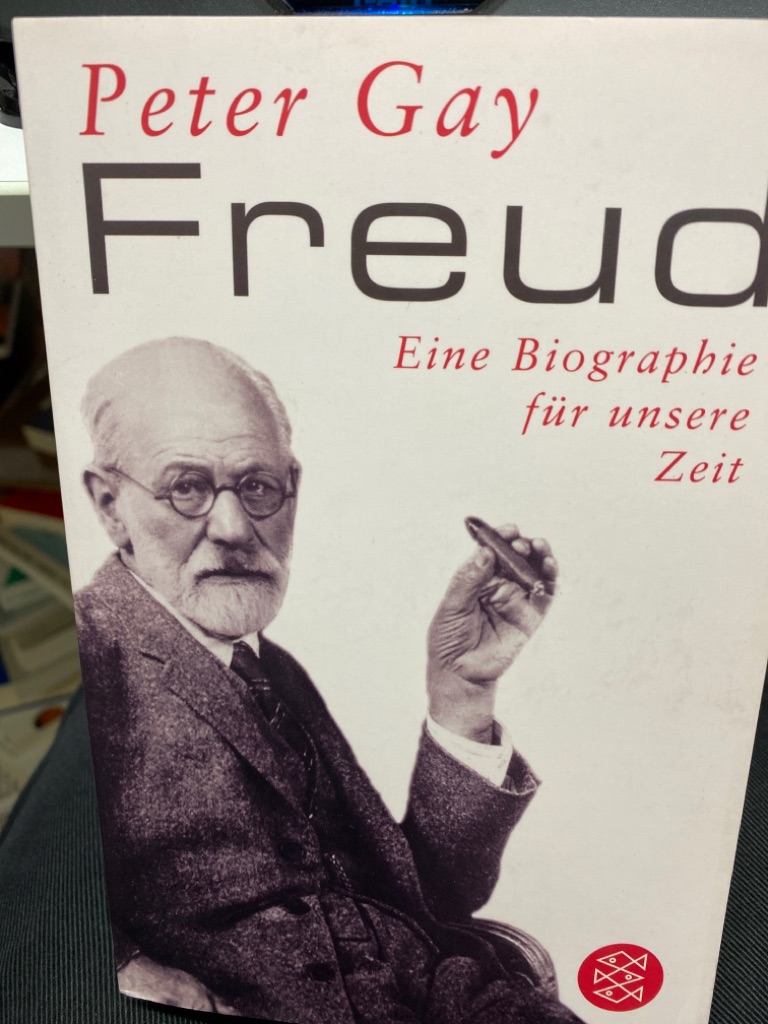

Peter Gay critically examines the theories of Sigmund Freud, particularly his views on the emotional tie between a mother and her son. Overall, Gay's book provides a historical and cultural context for the life and work of Sigmund Freud, and it offers a comprehensive and nuanced understanding of how his ideas and theories were shaped by the various environments and cultures in which he lived and worked, as well as its impact on Western culture. He argues that Freud has changed our understanding of ourselves and the mind, and that his legacy will continue to shape our understanding of human behavior for a long time to come. He also explores how the traumas of war and totalitarian dictatorship that occurred in Europe during Freud's lifetime, affected the psychological state of the people and how it influenced his theories.įurthermore, Gay explains how Freud's ideas have had a profound impact on Western culture as a whole, and how they have transformed the way we understand ourselves and human behavior. He also looks at the impact of the Austrian culture, where Freud lived as an unbelieving Jew and unconventional physician, on his personal and professional life. He examines how the psychiatric profession, which Freud subverted and revolutionized, influenced his ideas and theories.

Through his historical perspective, Gay places Freud and his theories within the various contexts of his time and surroundings. In "Freud: A Life for Our Time," Peter Gay provides an in-depth examination of the life and work of Sigmund Freud, the founder of psychoanalysis.


 0 kommentar(er)
0 kommentar(er)
